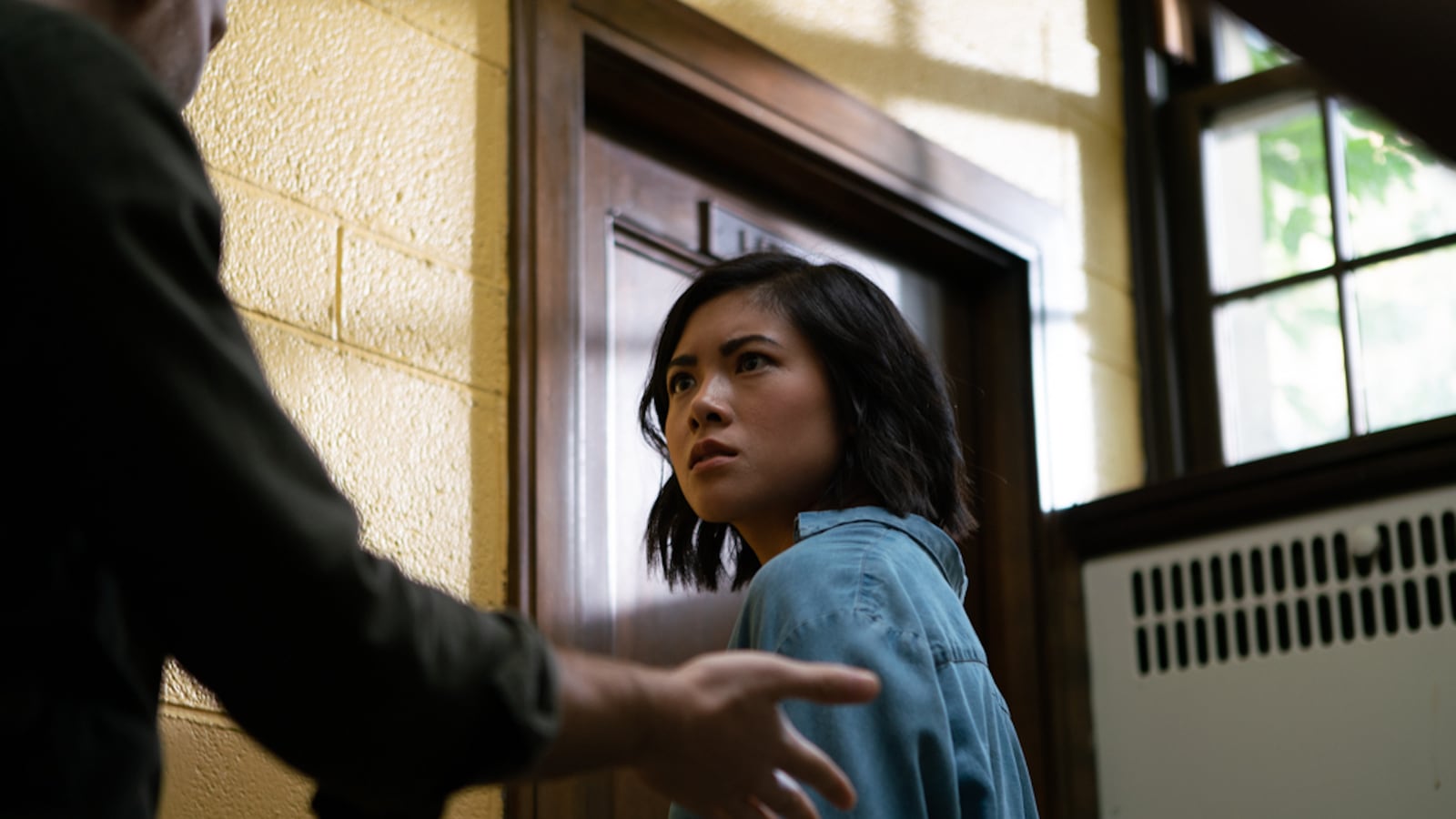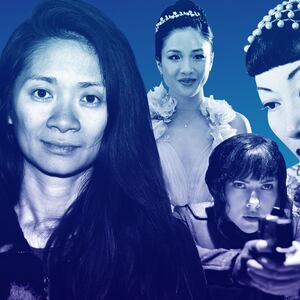Tell me, what do you see when you look in the mirror? Do you see a superhero? How about model-level beauty? Do you really see that in yourself? Let’s look inward now. Do you see a person who is morally perfect? A saint, perhaps? How about a world-saving genius? A generational artistic talent? Chances are you don’t see any of these things in yourself. Chances are you’re normal like the rest of us. If you were really honest with yourself, you’d admit that you’re maybe even quite flawed—flawed in ways that perhaps only you know—but flawed nonetheless. You have your virtues, of course, but deep down you know that your positive qualities are like flowers blooming randomly in a vast, poorly tended garden. In essence you’re a complicated, imperfect, occasionally sparkling but mostly regular person who nonetheless contains multitudes. The thing is, if you’re Caucasian, you’ve seen this exact knotty version of yourself reflected on screen, and if you’re not, you probably haven’t.
One of my main goals in making my first feature film, Stealing School, was to have a multifaceted portrayal of an Asian immigrant character. It was vital that the lead character, April Chen, came off like a real person—that is to say, mostly flawed to the core save for a few redeeming qualities. I believe that this is the most helpful way to represent Asians on screen, because putting the crappy parts of ourselves out there is the only way to wrangle some empathy out of a predominantly white audience. If the audience can’t see themselves in our skin, they can surely see themselves in our flaws, I reasoned. Think about every Judd Apatow character. Relatable, right? At this point, we need an Asian Hannah Horvath more urgently than we need an Asian Superman (a character who’s inherently boring by nature no matter what race he passes as).
Generally speaking, a stereotype is something that white people will use to separate me from them (I am a bad driver, I am exceptionally good at math, etc.) A stereotype is difficult to relate to, because it’s a (often false) surface-level thing that doesn’t actually speak to the core of who a person is. This is precisely why creating an Asian character who is a reverse-stereotype is not going to resonate either. The opposite of a stereotype isn’t “representation,” it’s simply a warped reflection of the stereotype itself and can cause its own form of harm to the people it claims to be representing.
As much as I enjoyed The Good Place, the dumb Asian bro character of Jason Mendoza, played by Manny Jacinto, often came off like a preening, cringey attempt at subverting a racist person’s idea of what an Asian guy ought to be. As the seasons wore on, Jason was among the show’s weakest elements because he was stuck in a tired, endless loop of the same schtick, and even though he’s portrayed as a himbo and not a nerd he still ends up in the same sitcom destination: as the butt of jokes (although to be fair, most of these jokes were attacking the fact that he’s a Floridian). The depth of his character was defined by Asian stereotypes from the start, and therein lies the problem.
I believe that the most fruitful path toward having helpful representations of Asians on screen is to more accurately portray our utter mediocrity. It’s a path that is more difficult and takes more effort than simply making Asians brave heroes. It’s why, as good of a job as Constance Wu did in Crazy Rich Asians, the New Yorker profile of the actress herself was far more compelling and engaging because it painted a complex portrait of a person struggling with newfound success, and how it can bring out one’s less savory side.
I’d like to end on a personal, and delightfully Canadian, story. There was recently an indie film set in Toronto called Wexford Plaza. In that movie, there’s an Asian Canadian millennial male shithead character who works a dead-end job, lives aimlessly, and is content drifting through life. At times he’s kind of cool, but mostly he’s a misanthropic dick. Did I relate to him? No. Well, sort of, maybe. But more importantly, did I for once in my life feel seen as an Asian dude who isn’t perfect, isn’t evil, and isn’t all that exceptional? Yes—and I’ve been chasing that feeling ever since.


